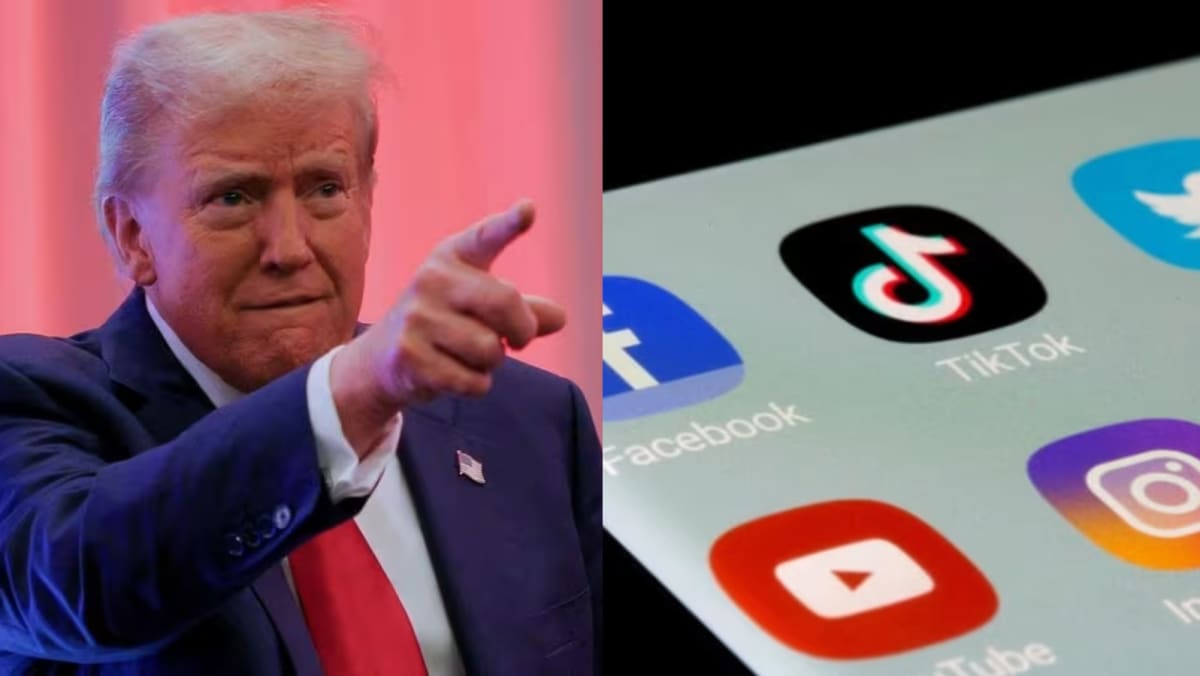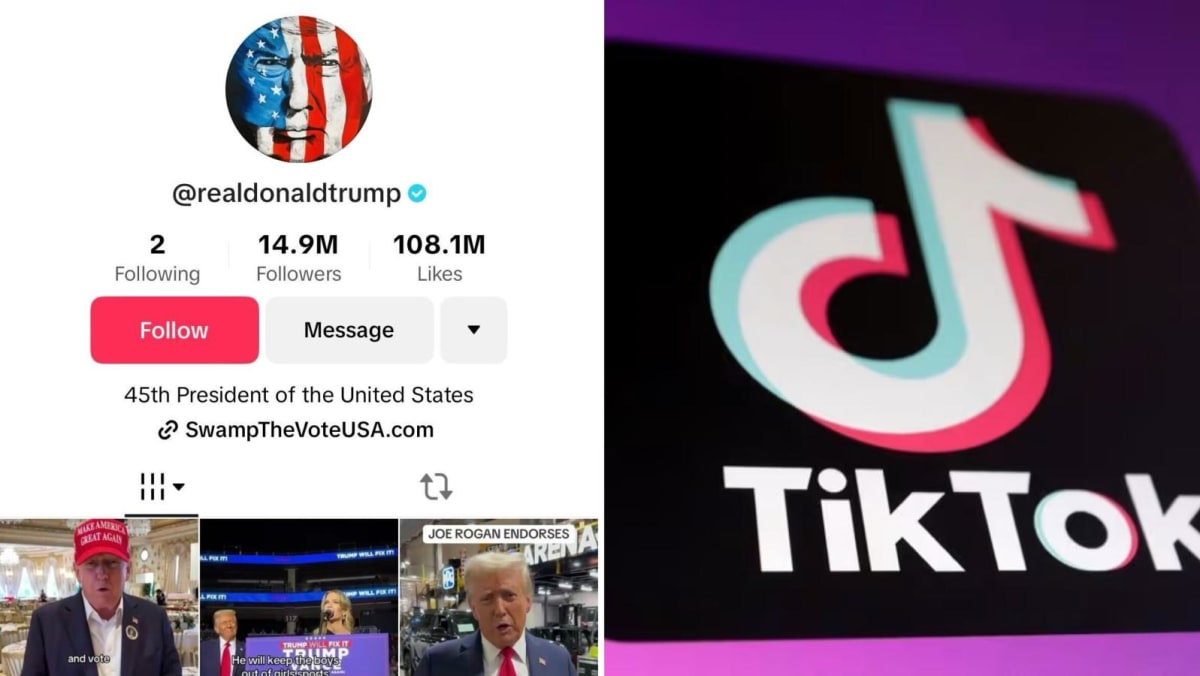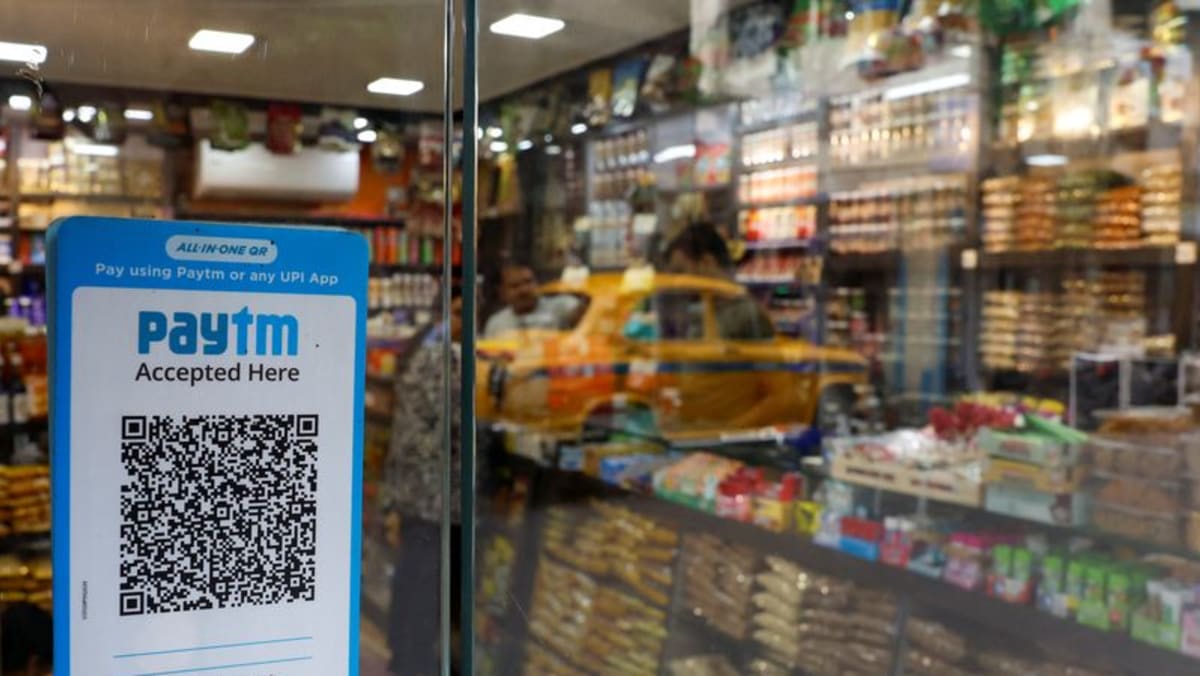Despite the warm welcome that some report, American users are unlikely to stay on an app where their influence may be weak. Undoubtedly, most already have accounts on Instagram and YouTube, which have their own short video services.
Users may not have the option of staying on Xiaohongshu. The same US law that specifically bans apps operated by ByteDance also has provisions applying to any app controlled by a foreign adversary.
ADDICTION ISN’T LOYALTY
The rapid ascents of Instagram and, later, TikTok showed us that new platforms could emerge.
That was a surprise to some. In the first decade of Facebook’s popularity, many considered its dominance a fact of life. Scholars had warned of “switching costs” – the hassle of migrating to a new platform – and “network effects” that make a platform more appealing and valuable as the number of users rises. But these obstacles have not proved insurmountable.
Young users embraced apps where their parents didn’t have accounts yet. And X showed us that older users also have a breaking point. Now that Musk has transformed himself and the former Twitter into right-wing favourites, millions of users have opened accounts on BlueSky, its newer rival.
Our avid use of digital platforms may not equate to loyalty. Big Tech firms and their leaders may be wise to keep Trump, or any political leader, at arm’s length lest partisan associations rub off and make them more vulnerable to competition when political tides turn.
Dr Mark Cenite is Associate Dean (Undergraduate Education) at Nanyang Technological University’s College of Humanities, Arts, and Social Sciences, and teaches media law and artificial intelligence law at the Wee Kim Wee School of Communication and Information.














